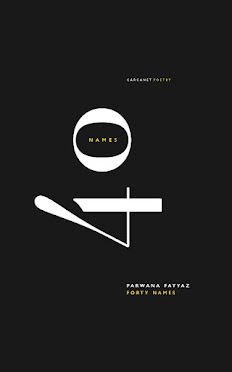Indie Spotlight is a column by WWII historical fiction author Alexa Kang. The column regularly features hot new releases and noteworthy indie-published books, and popular authors who have found success in the new creative world of independent publishing.
As a historical fiction author, I know that readers has a high expectation of historical accuracy in our books. When we write our characters, we strive to make them as authentic as possible to the era when our stories take place. But the more I read and research history, the more I find that people in the past often behave quite differently from what we expect based on our understanding of social norms and customs of their time. Today, I invited author Melissa Addey to join us and discuss what authenticity means when we talk about historical fiction. Melissa is the author of Forbidden City, a Chinese historical fiction series about the experiences of four girls who were drafted to become concubines of the Emperor in 18th century China.
Now, over to Melissa . . .





